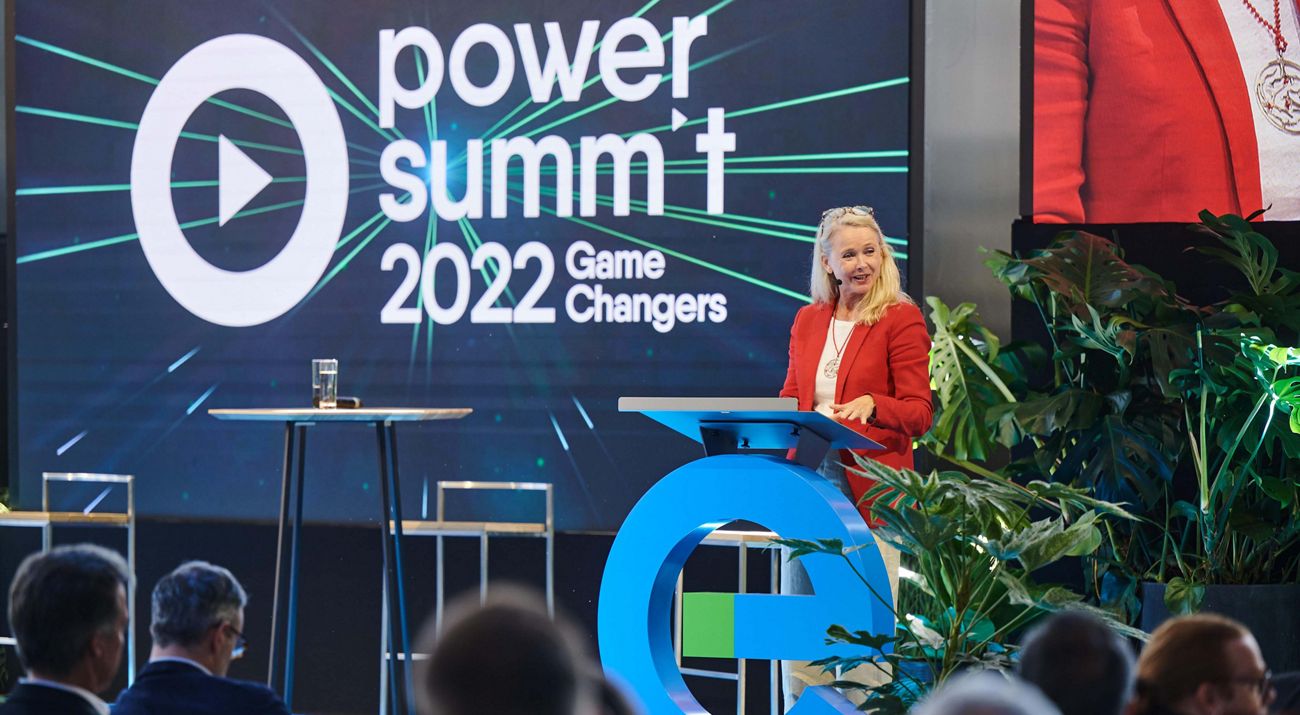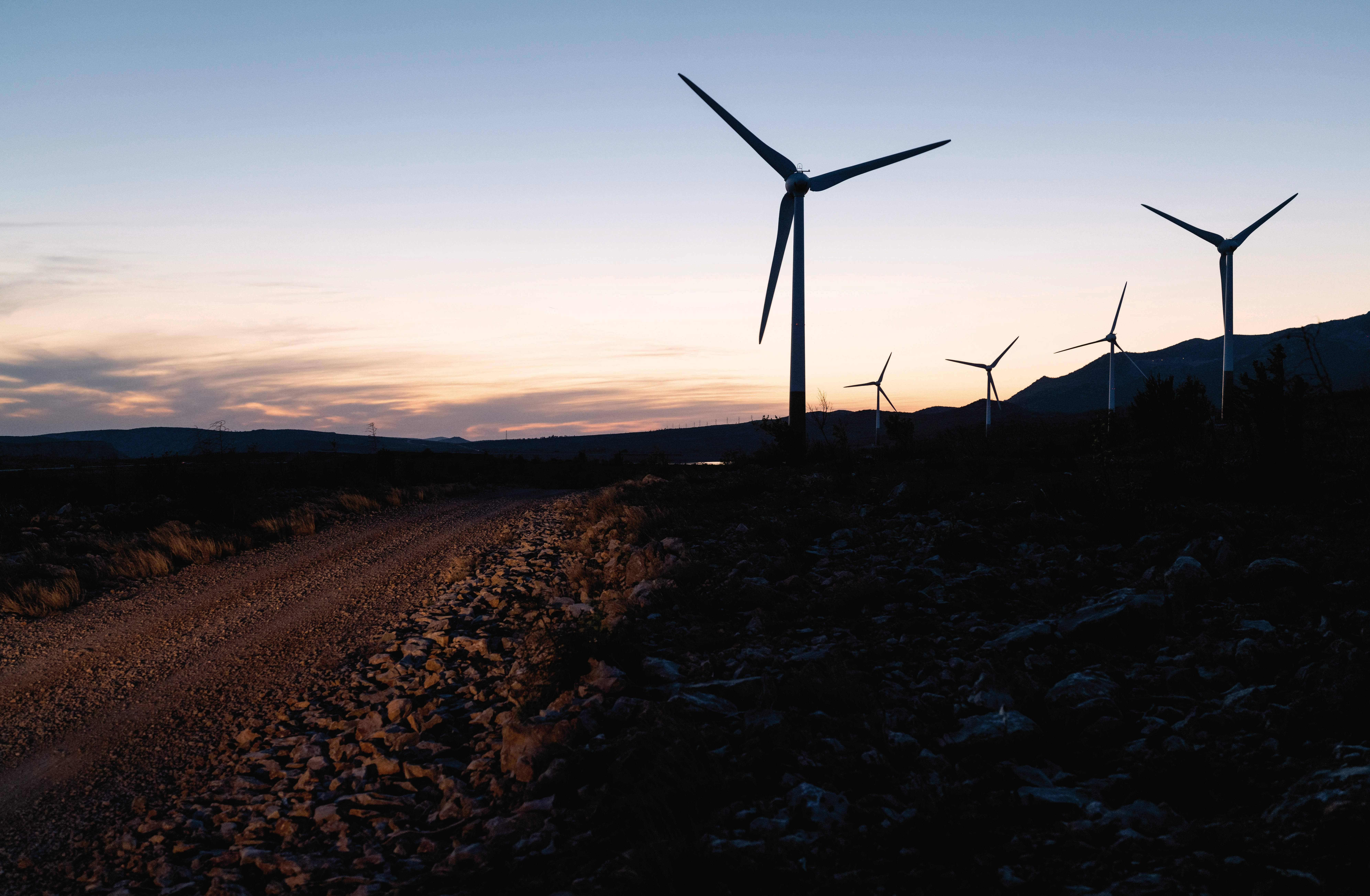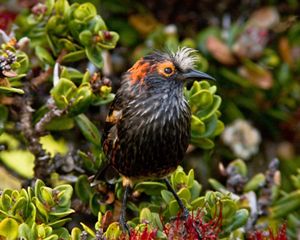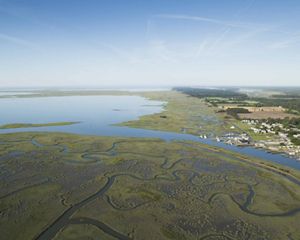Marianne Kleiberg was born in Norway, studied in Arizona, and has worked in Panama, Mexico, the Dominican Republic and the U.S. Her career with The Nature Conservancy began with the Mexico Program in 1999. She later led conservation for the Caribbean region and today serves as the regional managing director in Europe. She leads a team who work with governments, corporations and the finance sector to drive globally relevant strategies in and from Europe through programs, partnerships and policy advocacy.
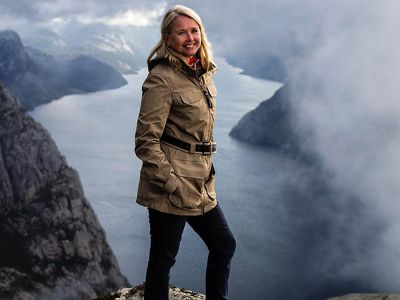
What has changed and what has stayed the same over the 23 years you have worked with TNC?
It is clear to me that climate change affects all of us, but it will amplify the divide between those who have resources and those who do not. The poorer people are, the harder it is for them to recover from health crises, failed harvests, flooding and hurricanes. When a natural disaster occurs in a poorly resourced area, some homes may never be rebuilt, water supplies may not be restored, schools and hospitals may remain closed, and the economy stays disrupted for years. We need to put vulnerable communities front and center of our climate work.
Europe is a pioneer in conservation policy and sustainability. Businesses across the continent lead on progressive environmental issues, and multinational corporations that operate here play instrumental roles in sustainable development. European citizens have voiced strong demands on biodiversity and climate, and their collective will and behaviors influence governments, corporations and people around the world as a force for positive change.
There is no alternative. Working on climate change and biodiversity is the most important thing I can dedicate my life to, and I absolutely see reasons for hope. Communities, individuals, governments and corporations are taking action. We see encouraging political commitments such as the European Union setting a goal of becoming the first climate-neutral continent by 2050 or Gabon’s recent commitment to protect 30% of its land and ocean by 2030. Science shows that nature is one of our greatest allies and that nature-based solutions can provide over 30%of the emission reductions needed by 2030. Low-carbon energy sources are more affordable than ever, and there is movement towards sustainable agricultural practices that benefit food security and biodiversity—all while slashing emissions.
RENEWABLE ENERGY DEVELOPMENT IN EUROPE: FOCUS ON CROATIA
Increasing the use of renewable energy is essential to reducing global greenhouse gas emissions. At the same time, energy development can take a toll on habitat, exacerbating the biodiversity crisis. The Nature Conservancy is working at the intersection of these factors in Croatia—and demonstrating that thoughtful planning and collaborative implementation can lead to success. “A study in partnership with the Energy Institute Hrvoje Požar revealed that the coastal county of Zadar is a renewable energy hot spot because it experiences significant winds and receives more than 2,000 hours of sunshine annually,” says Igor Vejnovic, TNC’s Southeast Europe energy coordinator. “Carefully sited wind and solar development in this county can deliver more than half of Croatia’s national renewables target without grave impacts to biodiversity or local communities.” According to Igor, the lessons learned through this project are informing the energy projects of TNC’s team in Europe and beyond—a key strategy to increasing the pace and scale of renewable energy adoption around the world.
